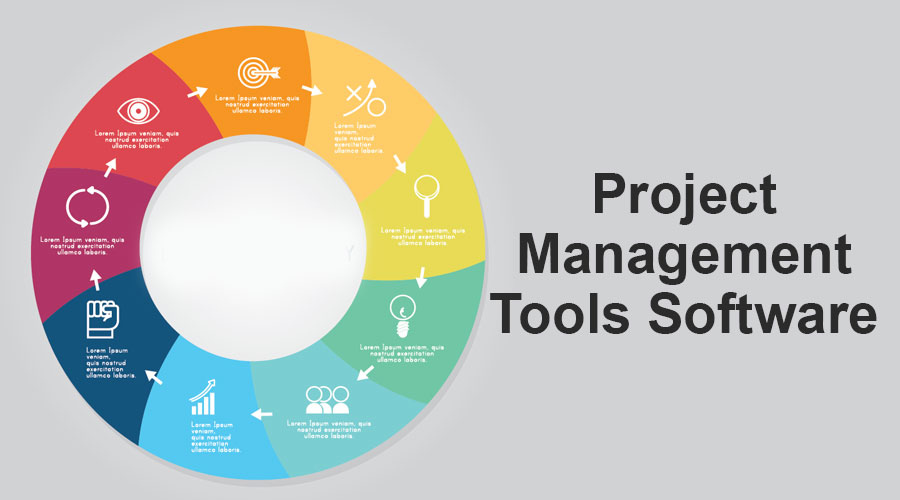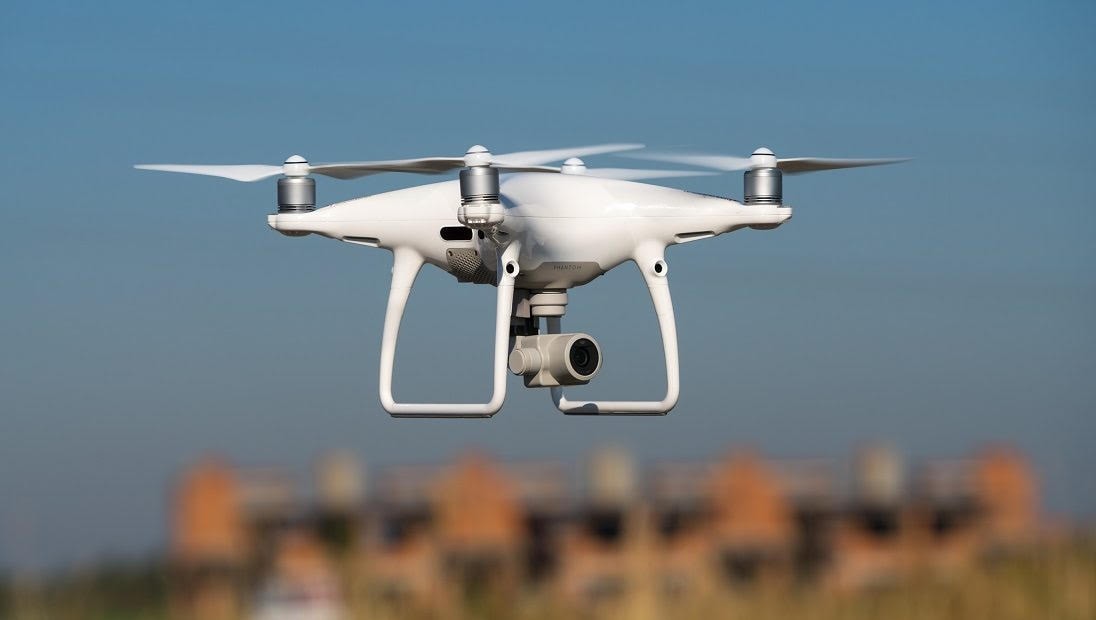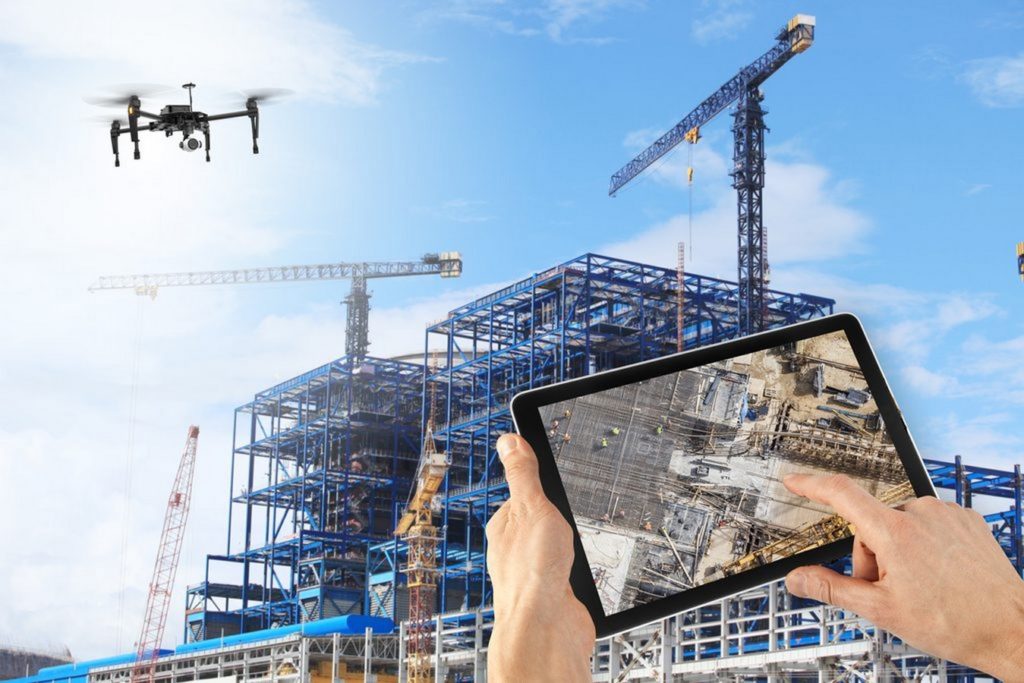Efficiency in site work is crucial for the success of any construction project. Technological advancements have significantly enhanced the productivity and safety of construction sites. Utilizing the latest technologies not only streamlines construction processes but also reduces costs and improves project outcomes.

The Role of Technology in the Construction Industry
Technological advancements have transformed the construction industry, offering innovative solutions that improve efficiency and productivity. Construction companies now leverage various construction technologies to streamline construction processes, enhance project management, and ensure worker safety. For instance, building information modeling (BIM) allows construction professionals to simulate construction processes and manage physical and functional characteristics of building components more effectively.
The adoption of these technologies is crucial for construction projects, enabling construction teams to meet deadlines, reduce costs, and deliver high-quality outcomes. Embracing construction technology is essential for staying competitive in the industry and achieving long-term success.
Project Management Software
Project management software is a game-changer for the construction industry. This software helps in planning, executing, and closing projects efficiently by providing tools for scheduling, resource allocation, and task management. Construction management software, like Procore and Builder trend, allows project managers to track progress, manage budgets, and ensure timely completion of tasks.

The use of project management software streamlines construction processes by enabling real-time data collection and communication among construction teams. This technology improves project outcomes by reducing errors, enhancing collaboration, and increasing productivity in the construction industry. For construction companies aiming to boost efficiency, adopting project management software is a crucial step.
Building Information Modeling (BIM)
Building Information Modeling (BIM) is a cutting-edge technology that has revolutionized construction planning and management. BIM involves creating a digital representation of the physical and functional characteristics of a building, which allows construction professionals to simulate construction processes before actual work begins. This simulation helps in identifying potential issues, optimizing designs, and improving construction efficiency.

By providing a comprehensive view of the project, BIM enhances coordination among construction teams and reduces errors. The ability to foresee and address challenges early in the construction process leads to significant cost savings and streamlined construction processes, making BIM an indispensable tool for modern construction projects.
Mobile Devices and Real-Time Data Collection
Mobile devices play a pivotal role in modern construction, enabling real-time data collection and communication across construction sites. The use of smartphones and tablets allows construction teams to access project management software, blueprints, and schedules on the go.
Real-time data collection boosts construction labor productivity by providing immediate access to critical information, ensuring that project managers and workers can make informed decisions quickly.

This technology also facilitates real-time updates and reporting, which enhances overall productivity in the construction process. By integrating mobile technology into daily operations, construction companies can significantly increase efficiency, reduce delays, and improve project outcomes.
Wearable Technology for Worker Safety
Wearable technology is transforming worker safety in the construction industry. Devices such as smart helmets, vests, and glasses are equipped with sensors that monitor environmental conditions and worker health. These wearables can detect potential hazards, such as high temperatures or toxic gas levels, and alert workers and supervisors in real time, thereby preventing accidents. Improving worker safety has a direct impact on overall productivity in construction. Safer work environments reduce the likelihood of accidents and associated downtime, allowing projects to progress smoothly.
By investing in wearable technology, construction companies can protect their workforce and improve efficiency, ultimately leading to better project outcomes and increased profitability.
Unmanned Aerial Vehicles (Drones)
Unmanned Aerial Vehicles (drones) have become invaluable tools in the construction industry, particularly for site monitoring and data collection. Drones provide construction teams and project managers with a bird’s-eye view of the construction site, capturing detailed aerial images and videos that can be used for progress tracking, inspections, and surveying. The use of drones in site monitoring allows for quick identification of potential issues, improving safety and efficiency.

For project managers, drones offer real-time data that enhances decision-making and resource allocation. Overall, the integration of drones into construction processes leads to increased productivity, reduced costs, and improved project outcomes.
Internet of Things (IoT) in Construction
The Internet of Things (IoT) is revolutionizing the construction industry by streamlining construction processes and improving resource management. IoT devices, such as sensors and smart equipment, provide real-time data on various aspects of the construction site, including equipment performance, environmental conditions, and worker movements. This data enables construction teams to monitor site conditions continuously and make informed decisions quickly.
IoT plays a crucial role in resource management by tracking material usage and equipment status, preventing downtime, and optimizing inventory levels. By implementing IoT in construction, companies can enhance site monitoring, reduce waste, and increase overall efficiency, leading to more successful construction projects.
AI Technology and Virtual Reality
Artificial Intelligence (AI) technology and Virtual Reality (VR) are transforming the construction industry by offering advanced solutions for project management and informed decisions. AI can analyze vast amounts of data to predict project outcomes, optimize schedules, and identify potential risks. This technology enables project managers to make data-driven decisions that enhance efficiency and reduce costs.

Virtual Reality allows construction professionals to create immersive simulations of construction sites, providing a detailed understanding of the project’s physical and functional characteristics. This helps in visualizing the final product, identifying design flaws, and improving collaboration among stakeholders. The application of AI technology and Virtual Reality in construction leads to better project management, enhanced decision-making, and improved project outcomes.
Embracing New Technologies for Construction Efficiency
Adopting new technologies is essential for improving efficiency, safety, and productivity in the construction industry. From project management software and Building Information Modeling (BIM) to drones, IoT devices, and AI technology, these advancements streamline construction processes and enhance project outcomes. Embracing these innovations allows construction companies to stay competitive and deliver high-quality projects on time and within budget.
Leveraging Advanced Technology for Improved Construction Outcomes
Adopting advanced technology in construction significantly reduces environmental impact and boosts productivity. AI technology and virtual reality are pivotal in improving productivity by optimizing designs and enhancing project outcomes. Wearable technology improves worker safety, while IoT devices collect data for better risk management. Utilizing these innovations helps in reducing material waste and streamlining processes. For instance, AI technology aids in risk management by predicting potential issues, thus preventing delays.
As construction companies continue to embrace these advanced tools, they can improve productivity, enhance safety, and ensure sustainable project outcomes, leading to a more efficient and eco-friendly construction industry.
For anyone looking to embark on the journey of building acustom home, RJT Construction, a leading Custom Home Builder, offers the reassurance of expertise, quality, and reliability. We encourage you to contact RJT Construction to learn more about how we can help manage your project and turn your dream home into a reality. Let us help you build not just a house, but a home that you will cherish for generations.





